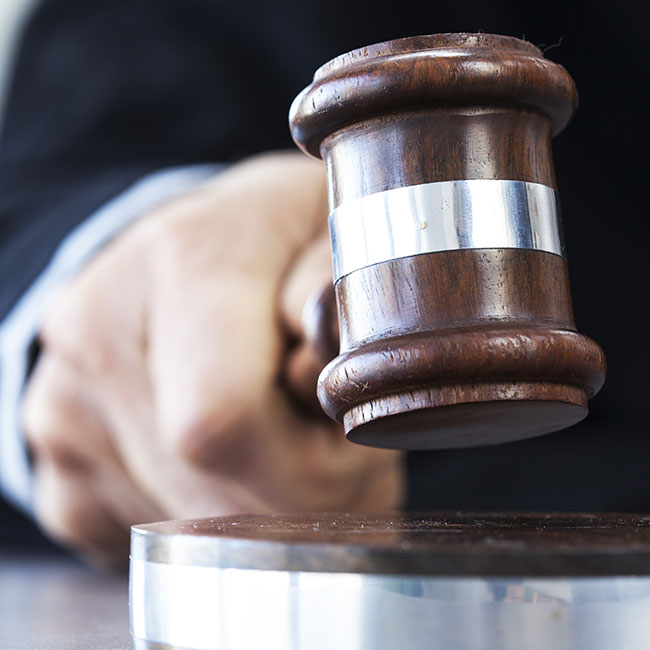
We represented three young, vulnerable, Vietnamese nationals of previous good character who had been charged with offences of producing a controlled drug of class B and possession with intent to supply class B drugs. The police executed a drugs warrant at a commercial premises following intelligence that the property was being used as a cannabis farm. It was discovered that the premises was in fact being used as a sophisticated cannabis factory with over 1000 cannabis plants, valued in excess of £1 million. Our clients, who did not speak any English, were found to be living in the premises in squalid conditions.
In their police station interviews, all three of our clients raised a defence under s.45 of the Modern Slavery Act 2015 namely, that they were victims of modern day slavery and that they had done the act as a direct consequence of their exploitation. We insisted that our clients were referred to the National Referral Mechanism by the officer in charge of the case and we subsequently received positive reasonable grounds decisions in respect of all three of our clients.
We worked with our clients to prepare lengthy, and detailed, statements of their accounts of the exploitation which we provided to the Competent Authority. After considering their accounts and other material that had been gathered, the Competent Authority reached positive conclusive grounds decisions in respect of all three of our clients. At this stage, we made lengthy written representations to the Crown Prosecution Service in which we argued that the case should be discontinued on evidential grounds in accordance with Crown Prosecution Service guidance. However, the Crown Prosecution Service maintained that they had reviewed the case and that they were proceeding with the matter; relying on factors that in our view, were entirely consistent with the fact that our clients were victims of modern day slavery.
We instructed Dr Alison Conning, a psychologist, who made clear just how vulnerable our clients were. We also instructed Colin Carswell, a modern slavery expert, who provided extensive evidence about the prevalence of trafficking in Vietnam and concluded that all three of our clients were victims of modern day slavery. He also outlined the extensive failings of the police in terms of investigating whether or not our clients were victims of modern day slavery. We subsequently served these reports and the Crown Prosecution Service were again invited to review the case but again determined that they were proceeding to trial.
We made a s.8 application in order to obtain material that the Crown Prosecution Service had failed to disclose; material which when served, confirmed that our clients had been confined to the property for at least a month. We served an abuse of process argument in which we relied upon the cases of DS, VCL and the recent Court of Appeal decision of AAD [2022]. We argued that the Crown had failed in their positive duties to investigate whether there was evidence to support our clients’ accounts and had failed to apply their own guidance, that the facts of the case supported our clients’ accounts that they were victims of modern day slavery, that the Crown took into account irrelevant considerations in their reviews, but also failed to take into account relevant information, and finally, that they had failed to take into account our expert evidence.
After two days of legal argument, the Judge agreed with our application and stayed proceedings as an abuse of process.
Our clients were represented by Lara Ideo and Sabrina Neves, solicitors in our Crime Team, in Court by Elena Papamichael and Lee Sergent of Garden Court Chambers and John Hurlock of 2 Bedford Row and at the police station, by senior police station representative, James Smith.